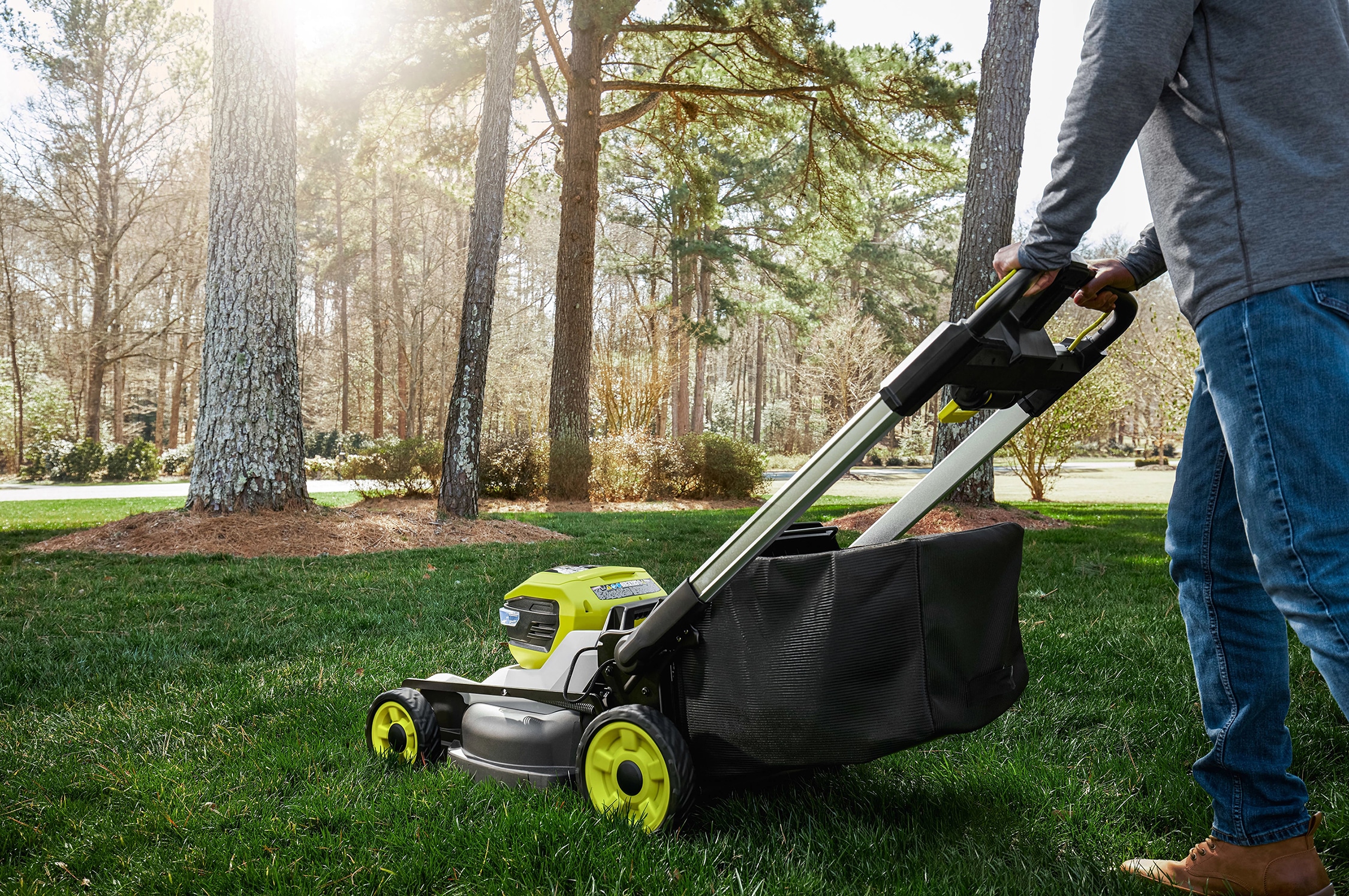Early this morning, I was trying to mow the lawn and yesterday, my battery-powered mower’s battery had finally called it quits. I’d just forked out a decent sum to get a new twin pack of batteries, so I was already feeling a bit annoyed. Then I realised I’d owned this mower for about five years and never once replaced or sharpened the blade (No need to judge). It had been cutting terribly recently, so I decided now was the time to sort it out.
Instead of walking all the way to the shed to gather a whole range of sockets to undo the bolt holding the blade, I thought I’d quickly search online. I guessed a 12mm socket would do (I’m traditionally quite good at guessing), but I wanted to be sure. So I typed into Google: “Ryobi 46cm mower blade bolt size.”
What I got back wasn’t helpful at all. There were ads telling me to buy more stuff, the official Ryobi site which didn’t mention the bolt size or didn’t include the manual, Shopping ads for Bunnings Ballarat, random Reddit threads that had nothing to do with what I needed, and even more ads. After clicking on about seven different links, I gave up. I still had no clear idea what size socket was needed.
Then I remembered something from a recent AI Marketing Summit I attended. I’d remembered that “Search in AI” can give more direct, up-to-date answers. I thought I’d give it a try. I opened ChatGPT, I then typed in the same question. Within seconds, I got the answer: “The Ryobi 46cm mower blade is held on with a 14mm bolt. Use a 14mm socket and a piece of wood to keep the blade steady while you loosen it.”
Perfect. No messing about, no clicking through a stack of irrelevant links and no ads. The AI even showed me which sources it used, and none of them were the ones I’d wasted time on earlier. It was quick and precise—exactly what I needed.

This made me wonder: if an AI model can give me the right answer straight away, what does that mean for the old style of searching? Are we seeing the end of traditional search engines? Will people start asking AI-driven tools for answers instead of sifting through pages of search results?
And if that’s the case, what does this mean for those of us who rely on search engines to bring people to our websites? Up until now, “search engine optimisation” or SEO has been about pleasing algorithms that match keywords and content. But if “AIsearch engine optimisation” or “AIMO” as I’ve nicknamed it becomes a thing, will we need to shift our focus? Instead of just trying to rank in a traditional search engine, do we need to make sure our content is clear, accurate, and easy for AI models to understand?
Statistics suggest that younger users are already leaning this way. Some reports show a growing number of people (up to 40%) prefer getting direct answers from AI chat tools rather than wading through standard search results. Within a few years, many experts predict a large share of queries could be handled by AI-driven models, bypassing the old approach entirely.
For website owners and content creators, this shift could be huge. Instead of just packing in keywords, maybe we need to present information in a way that AI models see as trustworthy and useful. That might mean clear explanations, reliable sources, and well-structured data that AI can easily process. Getting this right could be the new “AI model SEO,” where we optimise our content for machines that give immediate answers rather than just link lists.
So, is traditional search truly dead? Probably not straight away, but it’s facing serious competition. As “Search in AI” keeps improving, we’ll need to adapt how we create and organise our content. The big question now is: How will you prepare your site and your content for this new era of direct, AI-driven answers?
